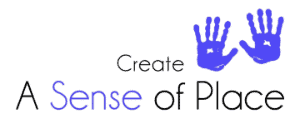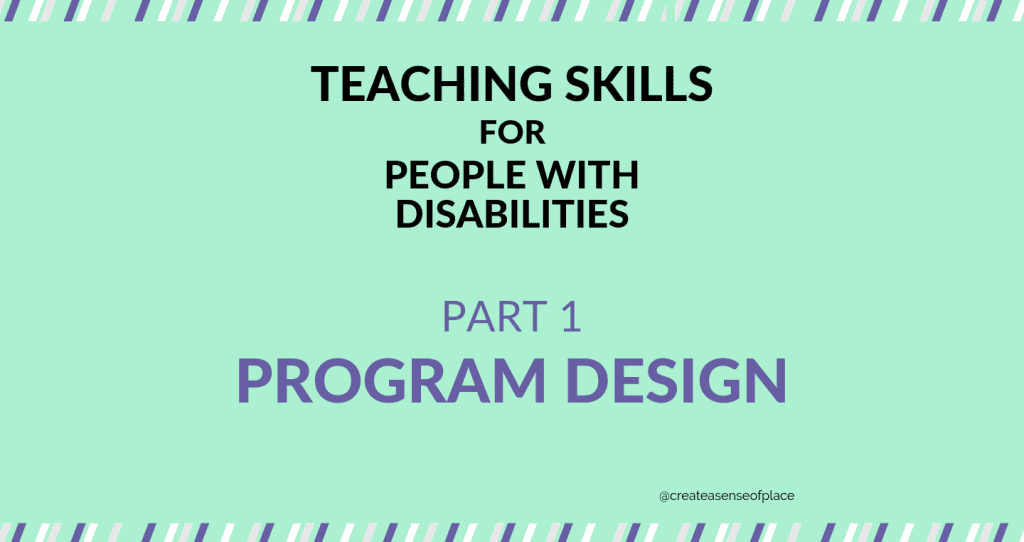NDIS funding focuses a lot on capacity building, and we often see that there has been limited capacity building, due to the wrong supports in place. Skill instruction for people with disabilities is a specialist skill. It cannot be assumed that support workers have the necessary skills and experience to achieve learning outcomes for people who as adults have not yet acquired important living skills.
It is also important to ensure your focused support is a skill that the person wants and is motivated to learn. It should have an outcome that provides plenty of opportunity to practice and use. It should also provide the scaffolding for future learning, and have a practical, social and community aspect for the person.
There are three important areas to learning:
- Program design,
- Program implementation, &
- Review and monitoring.
Today we will focus on Program Design
With the person, set goals and outcomes. Sometimes the skill or goal identified may be broken down into smaller ‘chunks’. You will know once you have had a good chat and looked at planning goals previously set.
It is important to know how the person best learns. We know completing tasks in natural environments work best but don’t rule out role plays, social stories and other resources to aid learning. Prompt hierarchies and reinforcement schedules are also to be considered in program design as you get to know your student or learner.
Baseline is established by observing the person attempting the task steps and you will need to adjust program steps to suit. One of the best ways to design the skill program is to complete the task yourself, being very aware of all steps and equipment/items required to complete it. For example, making a cup of tea. Write down every step and items required to make the cup of tea and then adapt to suit the learner.
Next week we will look at Program Implementation.





